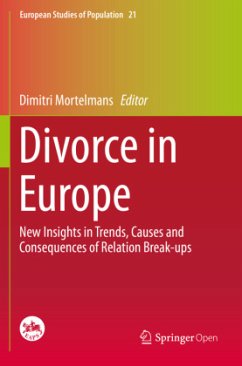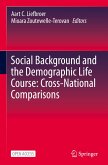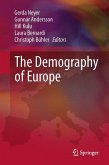This open access book collects the major discussions in divorce research in Europe. It starts with an understanding of divorce trends. Why was divorce increasing so rapidly throughout the US and Europe and do we see signs of a turn? Do cohabitation breakups influence divorce trends or is there a renewed stability on the partner market?
In terms of divorce risks, the book contains new insights on Eastern European countries. These post socialist countries have evolved dramatically since the fall of the Wall and at present they show the highest divorce figures in Europe. Also the influence of gender, and more specifically women's education as a risk in divorce is examined cross nationally. The book also provides explanations for the negative gradient in female education effects on divorce. It devotes three separate parts to new insights in the post-divorce effects of the life course event by among others looking at consequences for adults and children but also taking the largerfamily network into account. As such the book is of interest to demographers, sociologists, psychologists, family therapists, NGOs, and politicians.
"This wide-ranging volume details important trends in divorce in Europe that hold implications for understanding family dissolution causes and consequences throughout the world. Highly recommended for researchers and students everywhere."
In terms of divorce risks, the book contains new insights on Eastern European countries. These post socialist countries have evolved dramatically since the fall of the Wall and at present they show the highest divorce figures in Europe. Also the influence of gender, and more specifically women's education as a risk in divorce is examined cross nationally. The book also provides explanations for the negative gradient in female education effects on divorce. It devotes three separate parts to new insights in the post-divorce effects of the life course event by among others looking at consequences for adults and children but also taking the largerfamily network into account. As such the book is of interest to demographers, sociologists, psychologists, family therapists, NGOs, and politicians.
"This wide-ranging volume details important trends in divorce in Europe that hold implications for understanding family dissolution causes and consequences throughout the world. Highly recommended for researchers and students everywhere."








